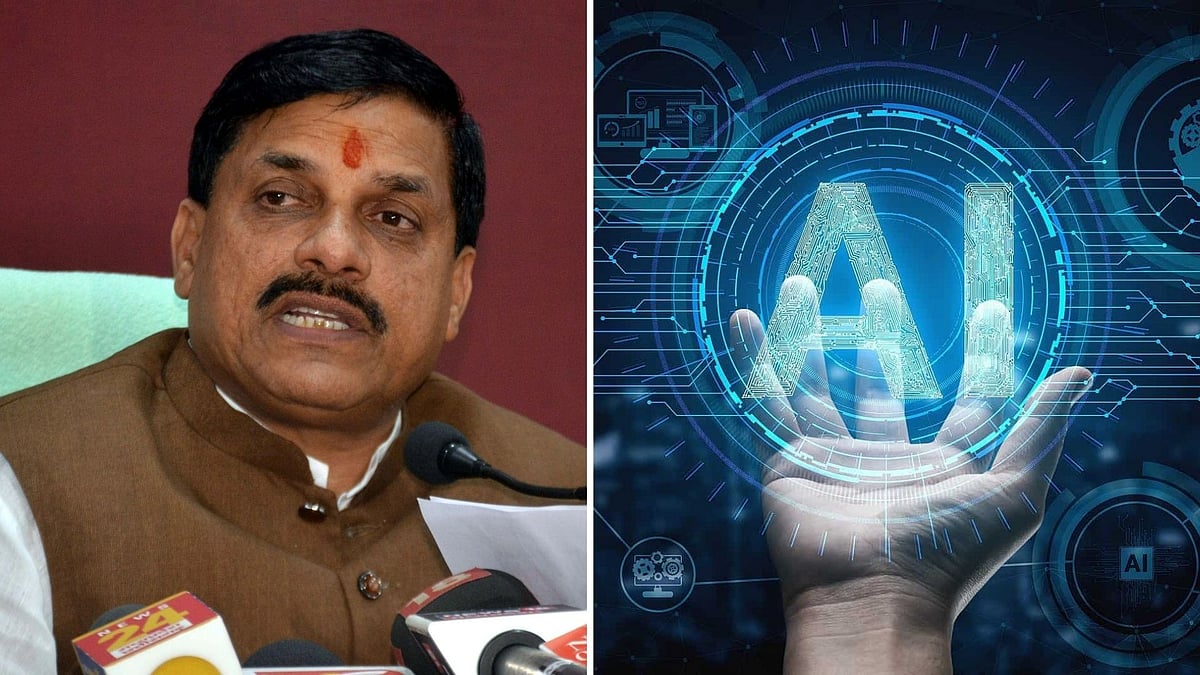Indore (Madhya Pradesh): A new study by the Indian Institute of Management (IIM) Indore has revealed that psychological and ethical barriers—not technology or cost—are the biggest obstacles preventing Indian retailers from embracing social robots in their businesses.
The study, titled “Exploring Barriers to Social Robot Adoption: A Mixed-Method Study in the Indian Retail Sector”, was co-authored by Prof Prashant Salwan and published in the international journal Technological Forecasting and Social Change.
As artificial intelligence and robotics increasingly enter workplaces, social robots—AI-driven machines capable of interacting with humans—are being deployed globally for customer service, inventory management, and checkout assistance. While the global social robot market is projected to touch USD 13.3 billion by 2027, adoption in India remains uneven.
Psychological barriers stronger than job loss fears
The IIM Indore study examined responses from 201 Indian retailers already using social robots. Using a Fuzzy Interpretive Structural Model (F-ISM), the research identified that loss of privacy and threats to human identity were the strongest factors reducing both managerial and employee willingness to use robots.
Interestingly, the fear of job loss due to automation, while real, had a weaker direct effect on adoption decisions. Instead, emotional discomfort—such as feeling constantly observed, recorded, or compared with machines—played a more significant role in resistance.
“Managers often assume that resistance to automation is technical,” said Salwan. “The study shows it is deeply human. Unless these psychological and ethical concerns are addressed, technology adoption will remain incomplete,” he added.

Balancing innovation with ethics
The study urges companies to adopt a “responsible innovation” approach—one that pairs technological progress with emotional intelligence and ethical safeguards.
It recommends that retailers build trust around data use, ensure transparency in robot–human interactions, and implement privacy protections to reduce anxiety among employees and customers.
The research also found that “human identity threat”—a fear that robots might undermine human relevance or dignity—can derail even well-intentioned innovation. To counter this, managers are advised to position robots as collaborators, not competitors, and to communicate their role as enhancers of human creativity rather than replacements.
Participatory and gradual adoption
The study further suggests that gradual, participatory adoption yields better results. Firms that involve employees early in the design and deployment of robotic systems face lower resistance and smoother integration. Small pilot projects, followed by iterative scaling, can help employees adapt to the shift in work culture.
The human element in automation
Ultimately, the IIM Indore study cautions that technological enthusiasm without social sensitivity can backfire. For India’s retail sector—where human interaction and trust remain vital—balancing automation with empathy will determine whether social robots become allies or adversaries in service delivery.
“As machines begin to mimic empathy, the challenge for leaders is to ensure technology continues to serve, not replace, the human spirit at work,” the study concludes.









